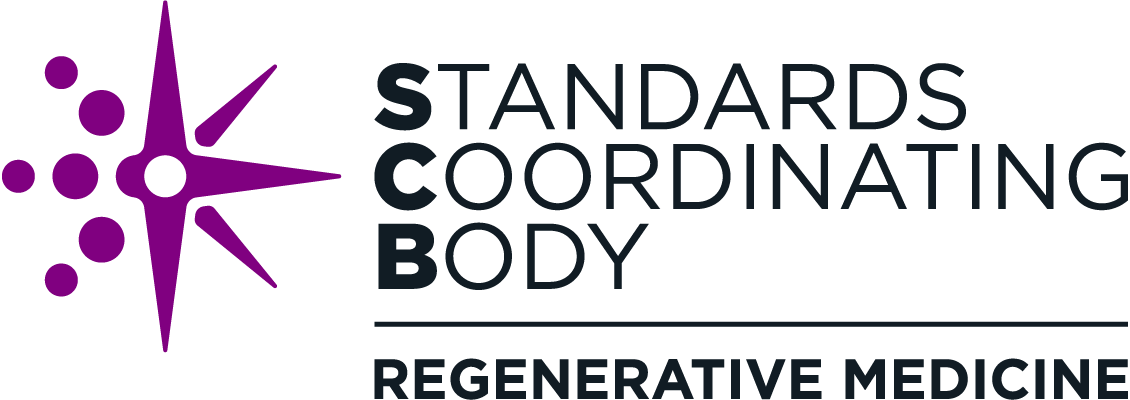Case Studies: Standards Development in Action
As a coordinating body, SCB helps streamline the standards advancement process by driving momentum, aligning stakeholder efforts, and helping projects overcome obstacles.
The case studies featured below demonstrate how organizations are advancing standards to benefit the broad regenerative medicine community.
Ancillary Materials Used in Cellular Therapy Production
Akron Biotech helped form a working group to develop documentary standards related to quality and consistency of ancillary materials used in cellular therapy production.
Autologous Cell and Tissue Therapy Labeling Standards
Vineti is working with SCB and industry stakeholders to address challenges surrounding autologous cell and tissue therapy labeling with more robust and specific standards.
Cell Collection Standards for Cell Therapies
SCB and Be The Match BioTherapies® are collaborating to advance cell collection standards that will increase the quality of starting materials to enable powerful, reliable cell therapies.
Counting Colony Forming Units
The Cleveland Clinic developed a novel technique for automating colony forming unit counting and worked to create a standard around it for the regenerative medicine community.
Cryopreservation of Cells
Pluristyx initiated a standard development effort with support from SCB to help develop a set of common cryopreservation best practices for the regenerative medicine community.
Fluorescence Microscopy Imaging Guidelines
Dr. Michael Halter (NIST) led an ASTM working group to develop a new standard that offers guidance on microscopy imaging approaches to help improve the reliability and precision of cell-based assays.
Measuring Osteoinductivity of Demineralized Bone Matrices
LifeNet Health helped develop an ASTM standard that provides a common methodology to implant DBM and measure new bone formation in order to streamline regulatory submissions.
Rapid Microbial Testing Methods
Dr. Rodney Rietze (iVexSol) and Dr. Spencer Hoover (CCRM) are spearheading a project to develop an ISO standard that can help companies validate RMTMs more efficiently, while an SCB working group is raising community awareness of the issues and driving consensus for potential solutions.
Reference Material for Human Adenovirus 5
ISBiotech helped lead a working group of more than 30 experts to rapidly develop a viral gene vector reference material for Human Adenovirus 5 (Ad5).

